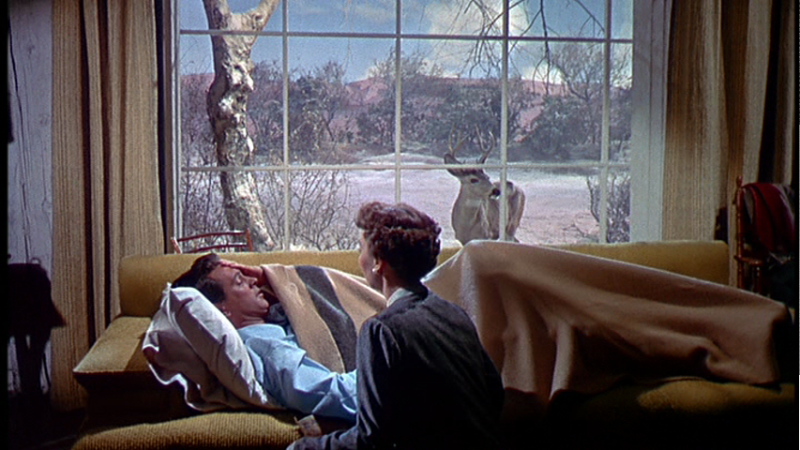HOME
This is the blog of Ian Rosales Casocot. Filipino writer. Sometime academic. Former backpacker. Twink bait. Hamster lover.
Interested in What I Create?
Bibliography

The Great Little Hunter
Pinspired Philippines, 2022

The Boy The Girl
The Rat The Rabbit
and the Last Magic Days
Chapbook, 2018

Republic of Carnage:
Three Horror Stories
For the Way We Live Now
Chapbook, 2018

Bamboo Girls:
Stories and Poems
From a Forgotten Life
Ateneo de Naga University Press, 2018

Don't Tell Anyone:
Literary Smut
With Shakira Andrea Sison
Pride Press / Anvil Publishing, 2017

Cupful of Anger,
Bottle Full of Smoke:
The Stories of
Jose V. Montebon Jr.
Silliman Writers Series, 2017

First Sight of Snow
and Other Stories
Encounters Chapbook Series
Et Al Books, 2014

Celebration: An Anthology to Commemorate the 50th Anniversary of the Silliman University National Writers Workshop
Sands and Coral, 2011-2013
Silliman University, 2013

Handulantaw: Celebrating 50 Years of Culture and the Arts in Silliman
Tao Foundation and Silliman University Cultural Affairs Committee, 2013

Inday Goes About Her Day
Locsin Books, 2012

Beautiful Accidents: Stories
University of the Philippines Press, 2011

Heartbreak & Magic: Stories of Fantasy and Horror
Anvil, 2011

Old Movies and Other Stories
National Commission for Culture
and the Arts, 2006

FutureShock Prose: An Anthology of Young Writers and New Literatures
Sands and Coral, 2003
Nominated for Best Anthology
2004 National Book Awards
Follow the Spy
Recent Crumbs
Blogs I Read
© 2002-2021
IAN ROSALES CASOCOT
Saturday, January 29, 2011
 10:13 PM |
Hell is Other People Who Think of You With Such Good Intentions
10:13 PM |
Hell is Other People Who Think of You With Such Good Intentions

We know people like Mona Plash, the gossipmonger in the center of Douglas Sirk's sly, subversive melodrama
All That Heaven Allows [1955]. Her tongue is a well-oiled scarlet machine of titillating tales, and people may publicly censure her for her gossip, but she is allowed to thrive for one reason: to make everybody else feel superior about themselves as they secretly delight in the tales of the fallen around them. Polite society is not so polite -- its cultivated airs are embedded in conformity. You stray, and you become the fodder for malignant stories, a wall of pressure around you that ultimately undoes you and the unpopular stand you have taken. This is what I get from my belated screening of this film, something I've watched on and off for the past two years or so. I find this vacillation strange considering this is perhaps Sirk's most famous film in the tradition of cinema he created with producer Ross Hunter (those slick and saturated melodramas, the so-called "women's weepies," which Universal Pictures churned out in the 1950s), and considering that I've already watched most of his other films, including
Imitation of Life [1959],
Written on the Wind [1956], and
Magnificent Obsession [1954]. What took me so long to finish this? I have no clear answers, except to say I've been quite busy dealing with more contemporary titles, and Sirk's masterpiece seemed to have this characteristic of "always being there," something I can return to anytime I wanted. Much has been said about the retroactive critical acclaim Sirk has since received for his previously critically ignored films, and much has been written about his films' subversive nature. (Read the Criterion essay on this
here.) I won't add anything to that scholarship. What for? What I can offer now is my personal response to it, as this blog's purpose dictates. And my response is surprisingly didactic and common: in Cary's (Jane Wyman) story, essentially of a beautiful caged bird who sings for love and finds it in an unlikely partner (much to the consternation of the other "proper" birds around her), I uncover a comforting truism.
The moment you live your life around the fearful question of "What will people say?" ... that's the moment you become the living dead. I have felt like Cary for most of my life. I am, after all, an outspoken writer and gay man, a teacher in a Protestant university, and sometimes I do feel the fangs of well-intentioned serpents like Mona Plash. There are many of them here. Some even pretend to be my friends. It gets tiring sometimes, battling these petty monsters, but sometimes, when I'm courageous enough, I just ignore them. Because life is too short to live it on the terms centered around pleasing people like these. The trick is to render their poison inutile. "Don't make unimportant thing important," Rock Hudson tells Ms. Wyman in this love story. I suppose we must. It is often very hard to do in practice, but he's right.
Labels: directors, film, society
[0] This is Where You Bite the Sandwich
GO TO OLDER POSTS
GO TO NEWER POSTS

















 10:13 PM |
Hell is Other People Who Think of You With Such Good Intentions
10:13 PM |
Hell is Other People Who Think of You With Such Good Intentions
